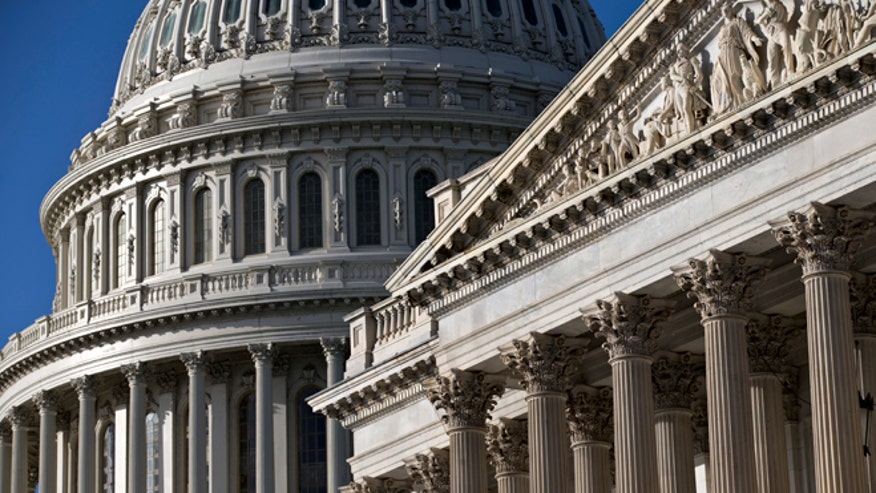The seven young men sitting before some of Capitol Hill’s most powerful lawmakers weren’t graduate students or junior analysts from some think tank. No, Space Rogue, Kingpin, Mudge and the others were hackers who had come from the mysterious environs of cyberspace to deliver a terrifying warning to the world.The making of a vulnerable Internet: This story is the third of a multi-part project on the Internet’s inherent vulnerabilities and why they may never be fixed.Part 1: The story of how the Internet became so vulnerable Part 2: The long life of a ‘quick fix’ Your computers, they told the panel of senators in May 1998, are not safe — not the software, not the hardware, not the networks that link them together. The companies that build these things don’t care, the hackers continued, and they have no reason to care because failure costs them nothing. And the federal government has neither the skill nor the will to do anything about it.
Above: L0pht hackers Brian Oblivion, Tan, Kingpin, Mudge, Weld Pond, Space Rogue and Stefan von Neumann testify before a Senate panel in 1998. (Douglas Graham/Congressional Quarterly via Getty Images)
“If you’re looking for computer security, then the Internet is not the place to be,” said Mudge, then 27 and looking like a biblical prophet with long brown hair flowing past his shoulders. The Internet itself, he added, could be taken down “by any of the seven individuals seated before you” with 30 minutes of well-choreographed keystrokes.
The senators — a bipartisan group including John Glenn, Joseph I. Lieberman and Fred D. Thompson — nodded gravely, making clear that they understood the gravity of the situation. “We’re going to have to do something about it,” Thompson said.
What happened instead was a tragedy of missed opportunity, and 17 years later the world is still paying the price in rampant insecurity.
The testimony from L0pht, as the hacker group called itself, was among the most audacious of a rising chorus of warnings delivered in the 1990s as the Internet was exploding in popularity, well on its way to becoming a potent global force for communication, commerce and criminality.
Hackers and other computer experts sounded alarms as the World Wide Web brought the transformative power of computer networking to the masses. This created a universe of risks for users and the critical real-world systems, such as power plants, rapidly going online as well.
Officials in Washington and throughout the world failed to forcefully address these problems as trouble spread across cyberspace, a vast new frontier of opportunity and lawlessness. Even today, many serious online intrusions exploit flaws in software first built in that era, such as Adobe Flash, Oracle’s Java and Microsoft’s Internet Explorer.
“We have the same security problems,” said Space Rogue, whose real name is Cris Thomas. “There’s a lot more money involved. There’s a lot more awareness. But the same problems are still there.”
L0pht, born of the bustling hacker scene in the Boston area, rose to prominence as a flood of new software was introducing such wonders as sound, animation and interactive games to the Web. This software, which required access to the core functions of each user’s computer, also gave hackers new opportunities to manipulate machines from afar.
Via: Washington Post
Continue Reading....
